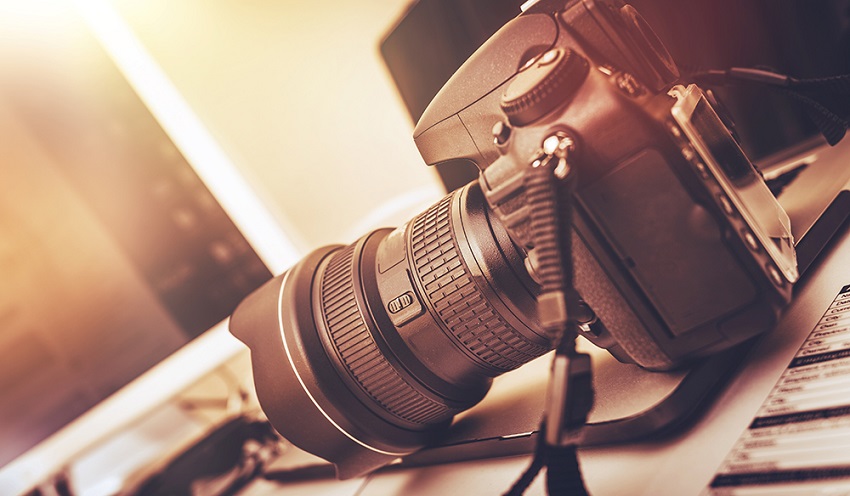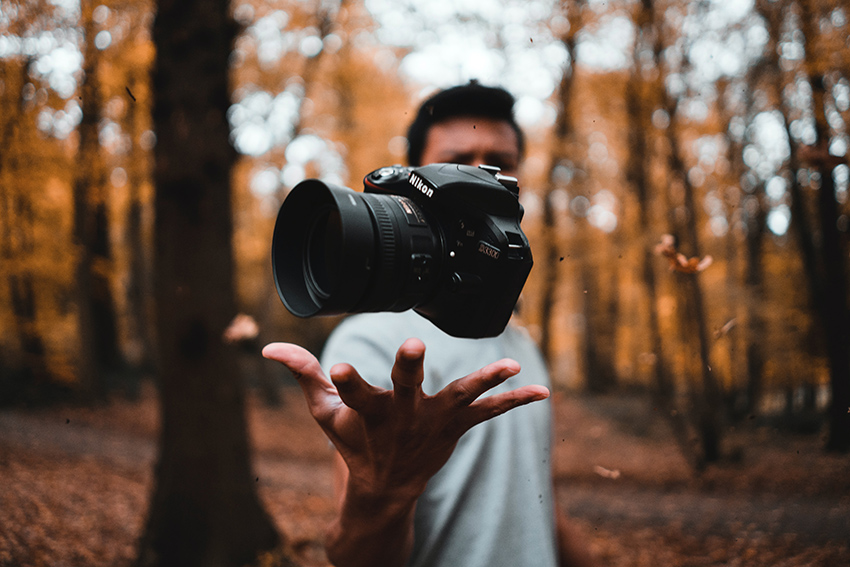In today’s age of digital technology, we have been fortunate enough to witness the birth and evolution of digital cameras. Digital cameras have not only revolutionized the way we capture and store memories, but also changed the entire photography industry. These cameras offer many advantages over traditional analog cameras, including the ability to preview and edit photos on the spot, and instant access to thousands of photos through digital storage.
In this blog post, we will cover topics such as what a digital camera is, how they have changed the industry, the quality of digital photography, the benefits of using a digital camera over traditional analog cameras, and tips for taking quality photos with a digital camera. Whether you are a professional photographer or simply someone who loves to take photos, understanding the importance of digital cameras is crucial in today’s world.
What is a Digital Camera?
A digital camera is an electronic device that uses digital optical components to capture and store images as data. Steven Sasson, an engineer at Eastman Kodak, invented the first digital camera in the year 1975. Digital cameras offer several advantages over traditional film cameras, including the ability to quickly and easily retouch images and flexible backup options. The most common type of digital camera is called a DSC, which stands for digital still camera, and they typically do not use a reflex mirror.
Major brands such as Panasonic and Sony offer a range of digital camera options, ranging from simple point-and-shoot cameras to professional DSLRs. With the advancements in technology, digital cameras are becoming more powerful, compact, and affordable, making them an important tool in the lives of photographers and everyone else who wants to capture and store memories in the form of high-quality photographs.
How Digital Cameras Have Changed the Industry
Since its inception, digital photography has revolutionized the photography industry, making photography accessible to everyone from amateur shutterbugs to professional photographers. Now, digital cameras have become ubiquitous and affordable, allowing photographers of all levels to explore their creativity. In fact, the importance of digital cameras goes beyond just photography; digital imaging has transformed nearly every industry, including medical diagnoses and space exploration.
Sony and Fuji were pioneers in digital photography, while Kodak was slow to respond. In 1994, the Apple QuickTake became the first digital camera available for consumers. This was a watershed moment in modern times, and the digital camera has continued to transform daily life from that day forward. Digital photography continues to push the boundaries of what we can do with images, making it an essential tool for creative and technical industries alike.
Quality of Digital Photography
Digital cameras have revolutionized photography, providing easy adaptation to different lighting situations through changing ISO speed. The quality of pictures depends on factors such as megapixels, lens size, and camera type. Higher end cameras provide better lenses and increased zoom capabilities, resulting in clear and high-resolution images. DSLR cameras provide improved control over lighting, aperture, shutter speed, and other settings to adjust picture quality, making them a favorite for professional studio photography.
Additionally, digital cameras support uncompressed/raw files, producing clearer images with no compression artifacts. On the other hand, smartphone images can be impacted by compression, leading to lower quality images. Hence, the importance of digital camera over smartphone cameras is essential to ensure photography quality.
Benefits of Using a Digital Camera
Digital cameras have been a game-changer in the world of photography, and it’s not hard to see why. They offer higher resolution for larger print sizes, are lighter in weight compared to film cameras, and have small memory cards with high storage capacity. Digital cameras produce crystal clear images with unlimited photos that are easy to share with friends and family. Changing ISO, retouching or editing photos, and faster operation are a breeze.
Goodbye to the expensive cost of film and the need to develop, digital cameras provide cost-effective options in terms of printing as well as giving you the ability to choose which images to print. With instant gratification and immediate access to view, select and edit photos both on the camera or computer, there is no denying the undeniable importance of digital cameras in our lives.
Tips for Taking Quality Photos with a Digital Camera
Digital cameras have become an essential tool for professional photographers and enthusiasts alike. Digital cameras offer multiple advantages, including image quality, control, and versatility. They can also be an excellent source of motivation for budding photographers and can be used for field trips and reporting. It is essential to weigh the cost, quality, and convenience between film and digital cameras before making a choice.
For those looking to take quality photos with a digital camera, there are few tips to keep in mind. Firstly, understand the various camera settings, such as aperture, shutter speed, and ISO. Secondly, invest in additional equipment, such as lenses and tripods, to enhance your photography experience. Lastly, try to experiment with different photography styles, such as portrait or landscape, and don’t shy away from combining digital and film cameras to take your photography to the next level.
Conclusion
Digital cameras have revolutionized the world of photography, making it easier than ever to capture high-quality images. With the ability to preview pictures instantly, delete unwanted shots, and make real-time adjustments, digital cameras have changed the industry for professional and amateur photographers alike. Additionally, digital cameras produce high-quality images, with the option of editing them to produce stunning results.
They are also easy to use, portable and provide you with the ability to capture unforgettable moments. By following some basic tips, you can take your digital photography to a new level! If you have any other tips or ideas, feel free to comment below.

